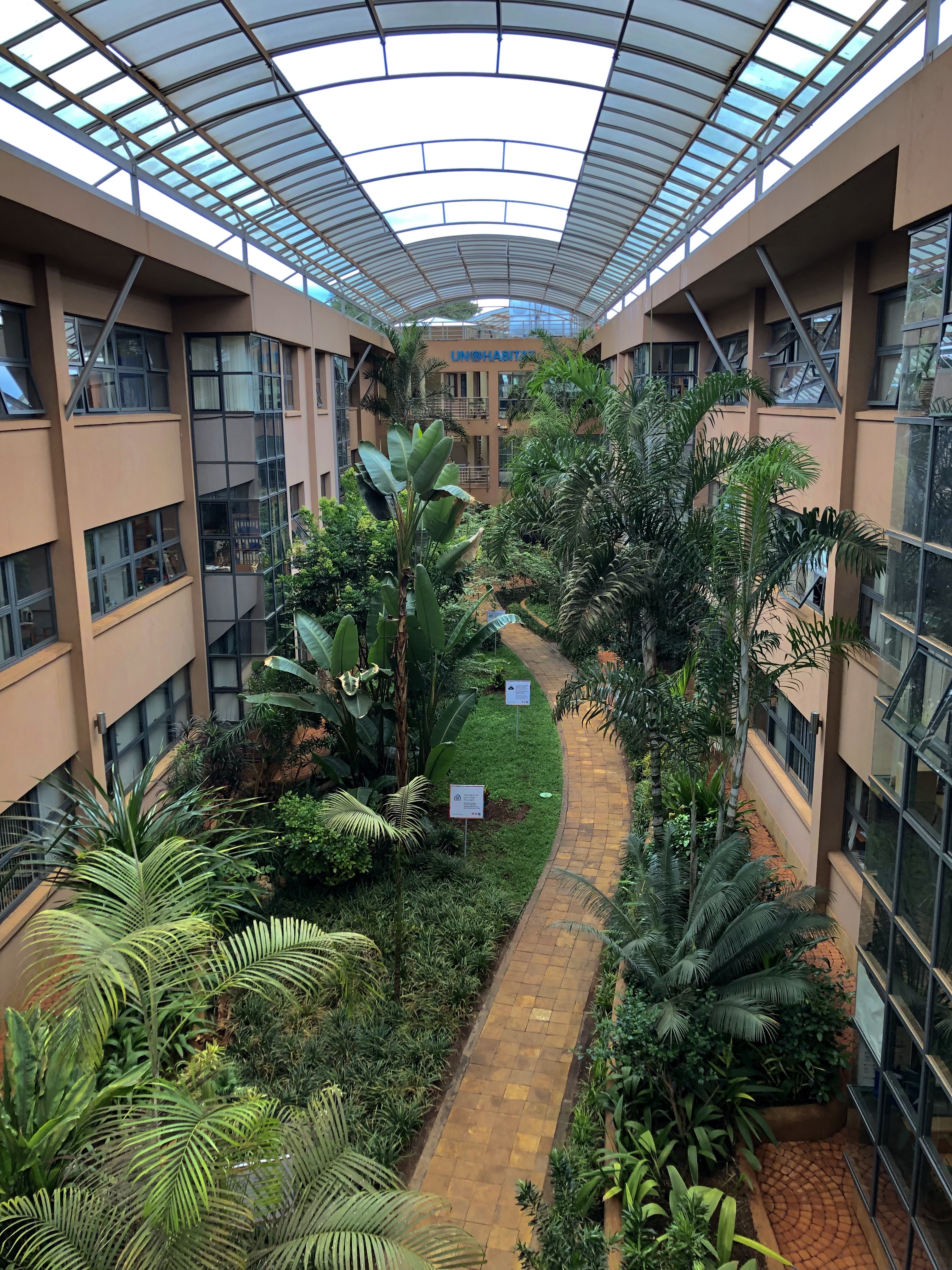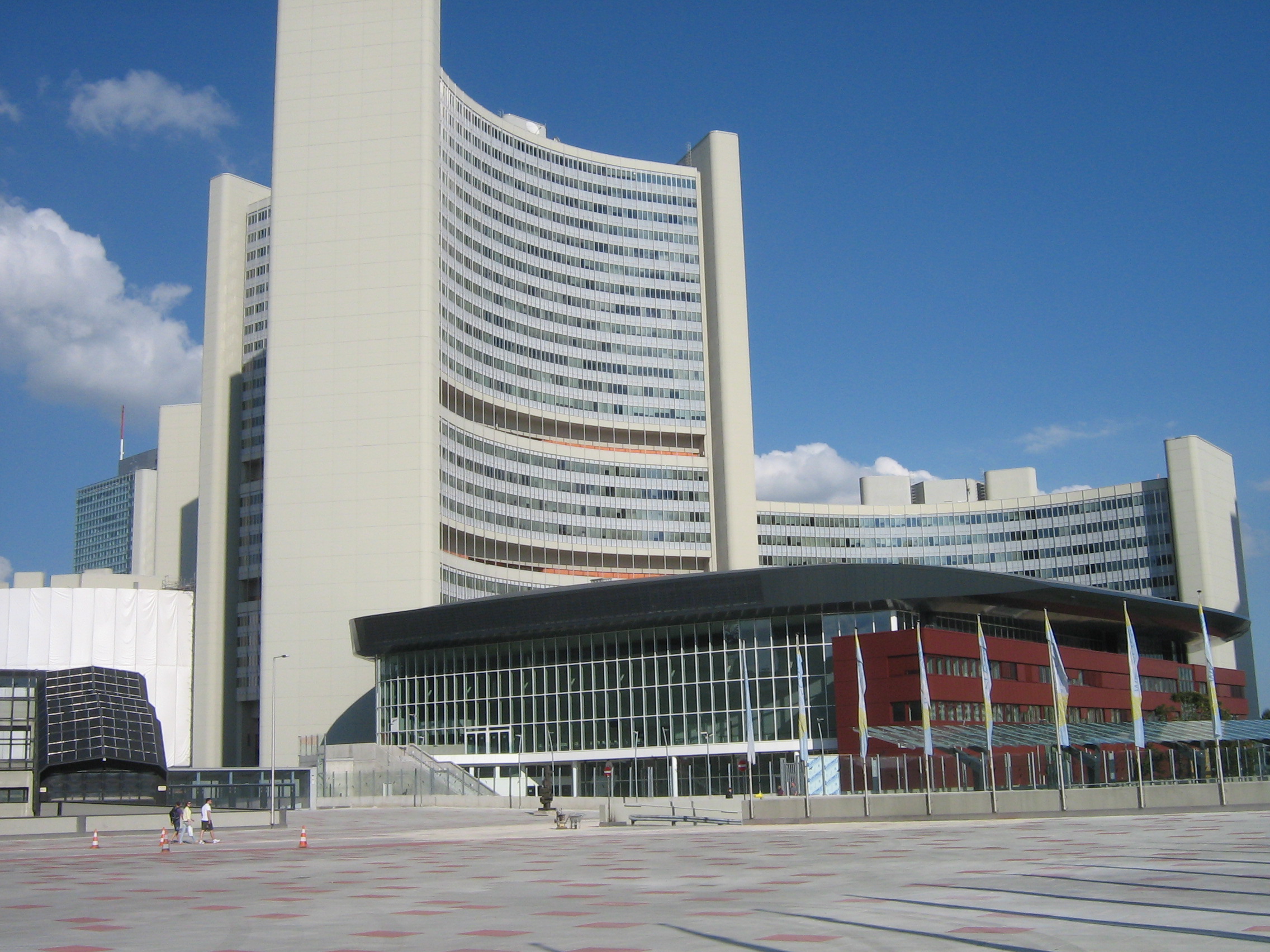|
International Centre For The Prevention Of Crime
The International Centre for the Prevention of Crime (ICPC, french: Centre international pour la prévention de la criminalité or CIPC, es, Centro Internacional para la Prevención de la Criminalidad) is located in Montreal and is the only global non-governmental organization (NGO) focused exclusively on crime prevention and community safety.''International Centre for the Prevention of Crime'' Website of the International Centre for the Prevention of Crime. requested on: 3 February 2011. Organization history ICPC was founded in 1994, initially by the governments of , |
Montreal
Montreal ( ; officially Montréal, ) is the List of the largest municipalities in Canada by population, second-most populous city in Canada and List of towns in Quebec, most populous city in the Provinces and territories of Canada, Canadian province of Quebec. Founded in 1642 as ''Fort Ville-Marie, Ville-Marie'', or "City of Mary", it is named after Mount Royal, the triple-peaked hill around which the early city of Ville-Marie is built. The city is centred on the Island of Montreal, which obtained its name from the same origin as the city, and a few much smaller peripheral islands, the largest of which is Île Bizard. The city is east of the national capital Ottawa, and southwest of the provincial capital, Quebec City. As of 2021, the city had a population of 1,762,949, and a Census Metropolitan Area#Census metropolitan areas, metropolitan population of 4,291,732, making it the List of the largest municipalities in Canada by population, second-largest city, and List of cen ... [...More Info...] [...Related Items...] OR: [Wikipedia] [Google] [Baidu] |
UN-HABITAT
The United Nations Human Settlements Programme (UN-Habitat) is the United Nations programme for human settlements and sustainable urban development. It was established in 1977 as an outcome of the first United Nations Conference on Human Settlements and Sustainable Urban Development (Habitat I) held in Vancouver, Canada, in 1976. UN-Habitat maintains its headquarters at the United Nations Office at Nairobi, Kenya. It is mandated by the United Nations General Assembly to promote socially and environmentally sustainable towns and cities with the goal of providing adequate shelter for all. It is a member of the United Nations Development Group. The mandate of UN-Habitat derives from the Habitat Agenda, adopted by the United Nations Conference on Human Settlements (Habitat II) in Istanbul, Turkey, in 1996. The twin goals of the Habitat Agenda are adequate shelter for all and the development of sustainable human settlements in an urbanizing world. Overview The UN-Habitat mandate i ... [...More Info...] [...Related Items...] OR: [Wikipedia] [Google] [Baidu] |
Crime
In ordinary language, a crime is an unlawful act punishable by a State (polity), state or other authority. The term ''crime'' does not, in modern criminal law, have any simple and universally accepted definition,Farmer, Lindsay: "Crime, definitions of", in Cane and Conoghan (editors), ''The New Oxford Companion to Law'', Oxford University Press, 2008 (), p. 263Google Books). though statutory definitions have been provided for certain purposes. The most popular view is that crime is a Category of being, category created by law; in other words, something is a crime if declared as such by the relevant and applicable law. One proposed definition is that a crime or offence (or criminal offence) is an act harmful not only to some individual but also to a community, society, or the state ("a public wrong"). Such acts are forbidden and punishable by law. The notion that acts such as murder, rape, and theft are to be prohibited exists worldwide. What precisely is a criminal offence is de ... [...More Info...] [...Related Items...] OR: [Wikipedia] [Google] [Baidu] |
Organization Of American States
The Organization of American States (OAS; es, Organización de los Estados Americanos, pt, Organização dos Estados Americanos, french: Organisation des États américains; ''OEA'') is an international organization that was founded on 30 April 1948 for the purposes of solidarity and co-operation among its member states within the Americas. Headquartered in the United States capital, Washington, D.C., the OAS has 35 members, which are independent states in the Americas. Since the 1990s, the organization has focused on election monitoring. The head of the OAS is the Secretary General of the Organization of American States, Secretary General; the incumbent is Uruguayan Luis Almagro. History Background The notion of an international union in the New World was first put forward during the liberation of the Americas by José de San Martín and Simón Bolívar who, at the 1826 Congress of Panama (still being part of Colombia), proposed creating a league of American republics, w ... [...More Info...] [...Related Items...] OR: [Wikipedia] [Google] [Baidu] |
World Bank
The World Bank is an international financial institution that provides loans and grants to the governments of low- and middle-income countries for the purpose of pursuing capital projects. The World Bank is the collective name for the International Bank for Reconstruction and Development (IBRD) and International Development Association (IDA), two of five international organizations owned by the World Bank Group. It was established along with the International Monetary Fund at the 1944 Bretton Woods Conference. After a slow start, its first loan was to France in 1947. In the 1970s, it focused on loans to developing world countries, shifting away from that mission in the 1980s. For the last 30 years, it has included NGOs and environmental groups in its loan portfolio. Its loan strategy is influenced by the Sustainable Development Goals as well as environmental and social safeguards. , the World Bank is run by a president and 25 executive directors, as well as 29 various vice ... [...More Info...] [...Related Items...] OR: [Wikipedia] [Google] [Baidu] |
Inter-American Development Bank
The Inter-American Development Bank (IDB or IADB) is an international financial institution headquartered in Washington, D.C., United States of America, and serving as the largest source of development financing for Latin America and the Caribbean. Established in 1959, the IDB supports Latin American and Caribbean economic development, social development and regional integration by lending to governments and government agencies, including State corporations. The IDB has four official languages: English, Spanish, Portuguese and French. Its official names in the other three languages are as follows: History At the First Pan-American Conference in 1890, the idea of a development institution for Latin America was first suggested during the earliest efforts to create an inter-American system. The IDB became a reality under an initiative proposed by President Juscelino Kubitshek of Brazil. The Bank was formally created on April 8, 1959, when the Organization of American States dr ... [...More Info...] [...Related Items...] OR: [Wikipedia] [Google] [Baidu] |
UN Crime Congress
The United Nations Congress on Crime Prevention and Criminal Justice is a United Nations (UN) sponsored congress on the topics of crime, crime prevention and criminal justice, held every five years. It is organized by the United Nations Office on Drugs and Crime (UNODC).Previous Congresses . Participants of the Congress include UN Member States and Observers, |
Crime Commission
In ordinary language, a crime is an unlawful act punishable by a state or other authority. The term ''crime'' does not, in modern criminal law, have any simple and universally accepted definition,Farmer, Lindsay: "Crime, definitions of", in Cane and Conoghan (editors), ''The New Oxford Companion to Law'', Oxford University Press, 2008 (), p. 263Google Books). though statutory definitions have been provided for certain purposes. The most popular view is that crime is a category created by law; in other words, something is a crime if declared as such by the relevant and applicable law. One proposed definition is that a crime or offence (or criminal offence) is an act harmful not only to some individual but also to a community, society, or the state ("a public wrong"). Such acts are forbidden and punishable by law. The notion that acts such as murder, rape, and theft are to be prohibited exists worldwide. What precisely is a criminal offence is defined by the criminal law of each r ... [...More Info...] [...Related Items...] OR: [Wikipedia] [Google] [Baidu] |
UN Commission On Crime Prevention And Criminal Justice
The Commission on Crime Prevention and Criminal Justice (CCPCJ) a functional commission of the United Nations Economic and Social Council (ECOSOC) based in Vienna. The commission serves as the primary organ that guides the activities of the United Nations in the fields of crime prevention and criminal justice. The commission meets annually for a regular session in Vienna in May. It also meets for a reconvened session towards the end of the year, mainly to discuss budgetary matters and matters concerning the operation of the United Nations Crime Prevention and Criminal Justice Programme. Since 2011, the commission and the UN Commission on Narcotic Drugs have held joint meetings during the reconvened session. History The United Nation's participation in the field of criminal justice and crime prevention can be traced back to its predecessor, the League of Nations. However, this participation was limited to a Child Welfare Bureau that focused mainly on the issue of juvenile delinqu ... [...More Info...] [...Related Items...] OR: [Wikipedia] [Google] [Baidu] |
United Nations Office On Drugs And Crime
The United Nations Office on Drugs and Crime (UNODC; French: ''Office des Nations unies contre la drogue et le crime'') is a United Nations office that was established in 1997 as the Office for Drug Control and Crime Prevention by combining the United Nations International Drug Control Program (UNDCP) and the Crime Prevention and Criminal Justice Division in the United Nations Office at Vienna and was renamed the United Nations Office on Drugs and Crime in 2002. The agency's focus is the trafficking in and abuse of illicit drugs, crime prevention and criminal justice, international terrorism, and political corruption. It is a member of the United Nations Development Group. In 2016–2017 it had an estimated biannual budget of US$700 million. History The United Nations International Drug Control Program (UNDCP) and the Crime Prevention and Criminal Justice Division in the United Nations Office at Vienna were merged to form the Office for Drug Control and Crime Prevention. This ... [...More Info...] [...Related Items...] OR: [Wikipedia] [Google] [Baidu] |
Safer Cities Programme
In cryptography, SAFER (Secure And Fast Encryption Routine) is the name of a family of block ciphers designed primarily by James Massey (one of the designers of IDEA) on behalf of Cylink Corporation. The early SAFER K and SAFER SK designs share the same encryption function, but differ in the number of rounds and the key schedule. More recent versions — SAFER+ and SAFER++ — were submitted as candidates to the AES process and the NESSIE project respectively. All of the algorithms in the SAFER family are unpatented and available for unrestricted use. SAFER K and SAFER SK The first SAFER cipher was SAFER K-64, published by Massey in 1993, with a 64-bit block size. The "K-64" denotes a key size of 64 bits. There was some demand for a version with a larger 128-bit key, and the following year Massey published such a variant incorporating new key schedule designed by the Singapore Ministry for Home affairs: SAFER K-128. However, both Lars Knudsen and Sean Murphy found minor ... [...More Info...] [...Related Items...] OR: [Wikipedia] [Google] [Baidu] |
Comparative Contextual Analysis
Comparative contextual analysis is a methodology for comparative research where contextual interrogation precedes any analysis of similarity and difference. It is a thematic process directed and designed to explore relationships of agency rather than institutional or structural frameworks. See structure and agency and theory of structuration The theory of structuration is a social theory of the creation and reproduction of social systems that is based on the analysis of both ''Social structure, structure'' and ''Agency (sociology), agents'' (see structure and agency), without giving pr .... References * Findlay, M. (1999) ''The Globalisation of Crime: Understanding Transitional Relationships in Context.'' Cambridge: Cambridge University Press. () External links Cambridge University Press pageCriminal Justice Modeling and the Comparative Contextual Analysis of Trial Process Criminal justice Comparisons {{crime-stub ... [...More Info...] [...Related Items...] OR: [Wikipedia] [Google] [Baidu] |



.jpg)
.jpg)


